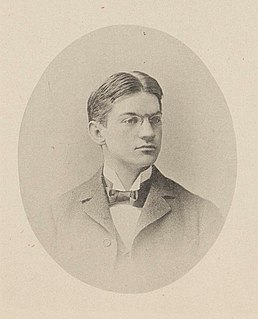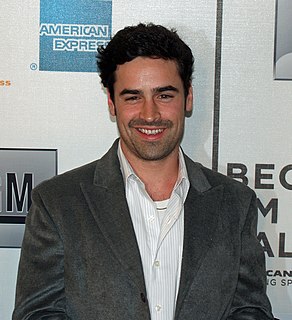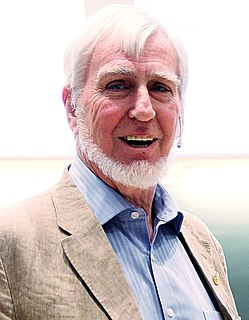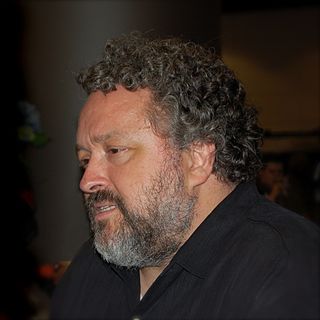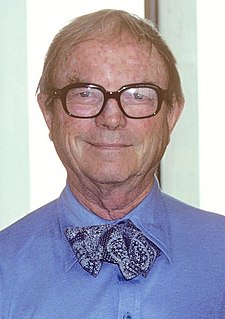A Quote by Jim Crace
I'm not good at dialogue. I'm not good at holding a mirror up at a real world. I'm not good at believable characterisation.
Quote Topics
Related Quotes
We all have known good critics, who have stamped out poet's hopes; Good statesmen, who pulled ruin on the state; Good patriots, who, for a theory, risked a cause; Good kings, who disemboweled for a tax; Good Popes, who brought all good to jeopardy; Good Christians, who sat still in easy-chairs; And damned the general world for standing up. Now, may the good God pardon all good men!
Money is a good thing, but every morning you have to get up with something no one else in the world gets up with - that's that image. That face you see in the mirror, you got to love it, and you better do some things that you feel good about inside of you. Of course, money is going to come, but make certain that you do some good with it.
Thrillers provide the reader with a safe escape into a dangerous world where the stakes are as high as can be imagined with unpredictable outcomes. It's a perfect genre in which to explore hard issues of good and evil, a mirror that allows the reader to see both the good and not so good in themselves.
This is a world of good and evil. Wherever there is good, evil follows, but beyond and behind all these manifestations, all these contradictions, the Vedanta finds out that Unity. It says, "Give up what is evil and give up what is good." What remains then? Behind good and evil stands something which is yours, the real you, beyond every evil, and beyond every good too, and it is that which is manifesting itself as good and bad. Know that first, and then and then alone you will be a true optimist, and not before; for then you will be able to control everything.
Reading aloud sounds like a good idea, but honestly, it doesn't work very well. Good dialogue in a book doesn't actually bear much resemblance to real-life dialogue. For example, if you've ever seen a word-for-word transcript of people talking, it doesn't read off the page very well. The trick is to make it *seem* like it's being spoken, not to make it speakable.



